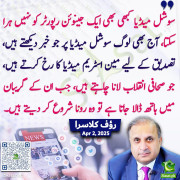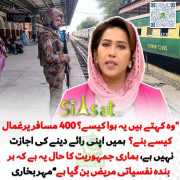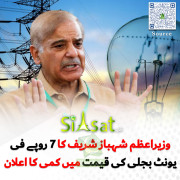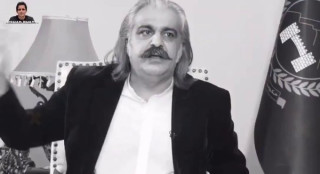He is a comedian , he might be joking
Public figures, especially seasoned politicians like Nawaz Sharif, often master the art of image-building — not just through policies or speeches, but also through
carefully crafted personal interactions, including those with celebrities, media figures, and cultural icons.
When a comedian like
Sohail Ahmed publicly praises Nawaz Sharif for being
humble and
polite, it leaves an impression on the general public. These moments of admiration may come from personal experiences — perhaps Nawaz Sharif treated him kindly, spoke softly, or avoided foul language. But such endorsements, intentionally or not, contribute to shaping a
public image of decency and humility — a powerful contrast to the loud, abrasive tone of many modern politicians.
Yet,
this curated image can mask uncomfortable truths.
Nawaz Sharif, three-time Prime Minister of a country with
chronic poverty, staggering debt, and crumbling infrastructure, has long been under scrutiny for
amassing vast wealth, including
luxury properties abroad, as exposed in the
Panama Papers — a global investigative effort, not a political conspiracy.
His children were found to own expensive real estate through offshore companies — raising serious questions about
how such assets were acquired, especially when held against the backdrop of a nation where
millions struggle for basic necessities.
This stark contradiction — between
personal humility and
systemic privilege — underscores a deeper problem in many developing countries:
the ability of elites to maintain relatable, even likeable personas, while quietly benefiting from systems of power, wealth accumulation, and weak accountability.
In the end, it's not just about how a leader speaks — it’s about
what they do with the power entrusted to them, especially when their choices directly affect the lives of people in a country still grappling with poverty and inequality.



































